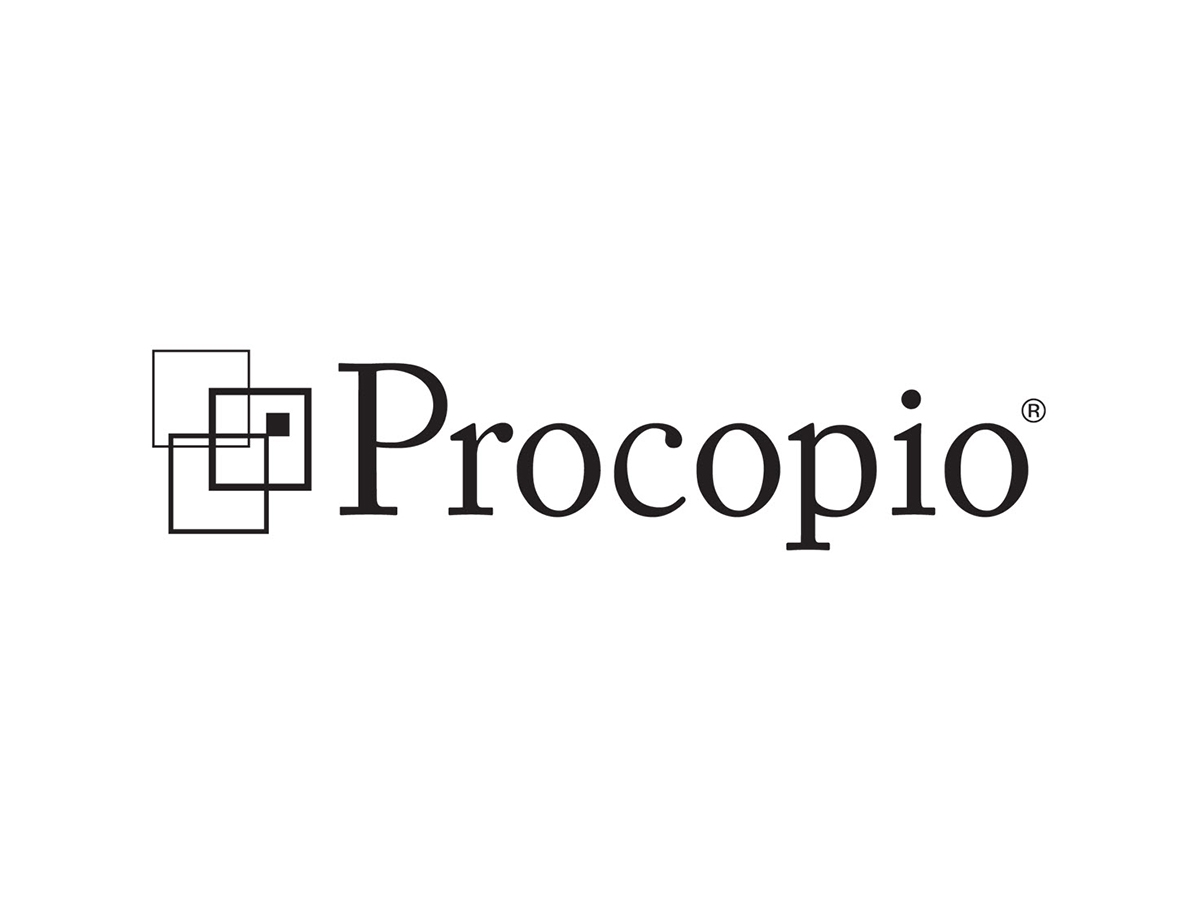Recent Appellate Decision Overturns Revocations of Broad Institute CRISPR-Cas9 Patents | WilmerHale
This past Thursday, the Board of Appeals of the European Patent Office released the minutes of oral proceedings in which the Board rendered a decision in closely watched appeals relating to Broad patents directed to CRISPR-Cas9 technology. Specifically, the Board found that the Broad patents were entitled to claim priority to certain earlier-filed US provisional applications. The Board accordingly set aside the first instance decisions that had found lack of entitlement to such priority and, on that basis, had revoked or limited the Broad patents in light of intervening prior art. The cases were remanded to the Opposition Division for further proceedings in connection with any remaining challenges to the Broad patents.
***
These appeals relate to EP2764103, EP2784162 and EP2896697, which are owned by the Broad Institute, Harvard University and the Massachusetts Institute of Technology (collectively, Broad). The claims of the patents are directed toward “[a]n engineered, non-naturally occurring [CRISPR-Cas] vector system” encoding a polynucleotide that targets a eukaryotic loci and encoding a Cas9 protein that cleaves the loci, thereby modifying it. For example, claim 1 of the ’103 patent recites:
An engineered, non-naturally occurring Clustered Regularly Interspersed Short Palindromic Repeats (CRISPR)-CRISPR associated (Cas) (CRISPR-Cas) vector system comprising one or more vectors comprising:
a) a first regulatory element operably linked to one or more nucleotide sequences encoding one or more CRISPR-Cas system guide RNAs that hybridize with target sequences in polynucleotide loci in a eukaryotic cell, the guide RNA comprising a guide sequence, a tracr sequence, and a tracr mate sequence,
b) a second regulatory element operably linked to a nucleotide sequence encoding a Type II Cas9 protein, said protein comprising a nuclear localization signal (NLS);
wherein components (a) and (b) are located on same or different vectors of the system,
wherein the tracr sequence is 30 or more nucleotides in length, and
whereby the one or more guide RNAs target the polynucleotide loci in a eukaryotic cell and the Cas9 protein cleaves the polynucleotide loci, whereby sequence of the polynucleotide loci is modified; and, wherein the Cas9 protein and the one or more guide RNAs do not naturally occur together.
CRISPR Therapeutics AG and several other opponents initiated EPO opposition proceedings seeking revocation of the ’103, ’162 and ’697 patents. The Opposition Division revoked the ’103 and ’162 patents and maintained the ’697 patent in limited form, finding that (1) the patents lacked priority to certain earlier-filed US provisional patent applications because not all applicants of those priority documents (including alleged inventor Dr. Marraffini or his successor, Rockefeller University) were named as PCT applicants or had assigned their rights to the PCT applicants; and (2) absent a proper claim to priority, there was intervening prior art that was considered invalidating for most of the claimed subject matter.
Broad appealed the first instance decisions, and the Board stayed the appeal proceedings while the EPO’s Enlarged Board of Appeal considering procedural questions relating to the law of priority entitlement (G1/22 and G2/22). In October 2023, the Enlarged Board of Appeal concluded that the EPO is competent to assess priority entitlement and that there is a rebuttable presumption that an applicant claiming priority in accordance with the formal requirements is entitled to do so.
Broad then argued in supplemental briefing “that the Enlarged Board … establish[ed] a ‘rebuttable presumption of validity’” that “applies in all cases, regardless of whether the subsequent applicant is identical to the priority application,” which “is precisely the facts of the present case.” Broad further argued that “the presumption of validity was rebuttable only in ‘rare exceptional cases’” and that “the presumption of validity in the present case cannot be rebutted.”
The opponents countered that Broad’s previous position had “always … been that Dr. Marraffini had no relevant priority rights in the subject matter of priority filings.” Additionally, the opponents argued that “the inventorship dispute between the priority coinventors/applicants … demonstrate[] that, at the PCT filing date, Marraffini (or the Rockefeller University as his successor in title) disagreed with his omission from the PCT application.” Consequently, the opponents argued this “inventorship dispute fulfils the criterion that the Enlarged Board established for a valid rebuttal of the ‘rebuttable presumption.’”
On March 4–5, 2024, the Board held oral proceedings in connection with the appeals. The Board’s minutes report that “the rebuttable presumption of an entitlement to claim priority, in the light of G 1/22 and G 2/22 … was discussed with the parties,” the “opinion of the board [is] that the formal entitlement to priority was valid” and “[t]he decision under appeal is set aside” with “[t]he case [being] remitted to the Opposition Division for further prosecution.” No reasoning was provided in the minutes of the oral proceedings. It is expected that a written decision is forthcoming.





